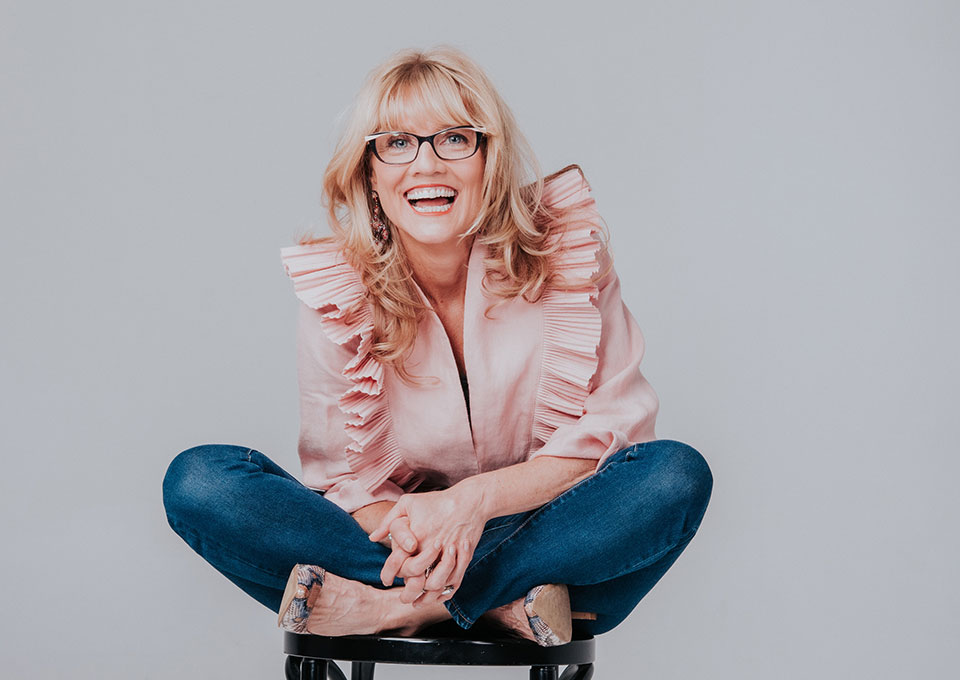‘Do you attract drama? The 3 roles you need to be aware of’

When I was a teenager my Mum used to call me a ‘drama queen’. I never knew what it meant but I did know from her tone that it wasn’t something she appreciated. Maybe you’ve given birth to one yourself? When you are trapped in drama it rarely feels like something you have contributed to. It feels like it’s coming at you. But is it?
Psychotherapist Stephen Karpman created a way of thinking about drama that helps us understand if we are playing a role that helps or hinders our reaction to people or circumstances that cause stress reactions in us. As a result, I’ve come to realise that some of the less than favourable circumstances in my life were not just being allowed or supported. Something they were being created by me. There are three roles we can play to stay trapped;
- The Victim sees themselves as powerless. We are helpless and something hope-less. We believe there is little we can to change our circumstances and not open to thinking we might have the power to do so. We typically deny any role we play in our circumstance – even allowing or enabling it. We often hold back and won’t take a stand. We can be very sensitive and have a poor me mentality and feel like others are against us. We will look for a ‘rescuer’ that will support our perspective. If we stay in this role we are not able to move forward with thinking or decision making.
- The Rescuer sees themselves as a hero. They come from a place of wanting to help and support others so we step in to ‘help’. We are often tired and have physical complaints because we tend to neglect our own needs to solve other people’s issues. Rescuers may be loud or a have a quiet, martyr style. We can ‘feel bad’ if we don’t rescue others yet the problem is we keep the victim dependent on us. We can create unhealthy co-dependent relationships, as this plays to our ego and need to be needed. We have a motive to be seen, or unseen and to feel better as a person.
- The Perpetrator sees themselves as a ‘reformer’ because we are pushing things or people forward. We pressure, coerce or persecute the victim. We can blame and even criticise their behaviour without providing guidance or assistance to the underlying problem. We can be highl;y critical and good at finding fault. We often feel inadequate underneath whether we are aware of it or not. We are sometimes known as a bully or the critical parent or boss. We tend to spread rumours and love a bit of gossip about others. Ouch!
Think about things in your world that are less than ideal. They might be creating tension, frustration and even resentment. It could be people or circumstances. Keep these in mind and see if you are falling trap to drama. The thing about life is that you might not have control over what happens to you, but you do have a choice about how you respond. Avoid the drama trap and see the difference it makes.
How do we reduce the drama?
I’m glad you asked. If we have more people in the world choosing to see and understand how they react and respond then life and the world just becomes better. To start with you can do three things;
- We acknowledge the role we are playing. This is where we have the emotional maturity to recognise that it takes two to tango and we take responsibility for our reactions. If you can’t own it you can’t change it.
- We seek to understand. Usually the cause of the issue is not what we react to. We tend to respond to the meaning we make from the situation. If someone speaks to you poorly you may decide they don’t respect you or they have an attitude problem. It’s the assumptions we make that can often cause the reaction – not the actual facts.
- We find the learning. There is always something to learn from our interactions with people and life. If you dare. How we respond is one of them. Also looking for the opportunity to grow from it.
Bring the best of the CEOWORLD magazine's global journalism to audiences in the United States and around the world. - Add CEOWORLD magazine to your Google News feed.
Follow CEOWORLD magazine headlines on: Google News, LinkedIn, Twitter, and Facebook.
Copyright 2025 The CEOWORLD magazine. All rights reserved. This material (and any extract from it) must not be copied, redistributed or placed on any website, without CEOWORLD magazine' prior written consent. For media queries, please contact: info@ceoworld.biz








